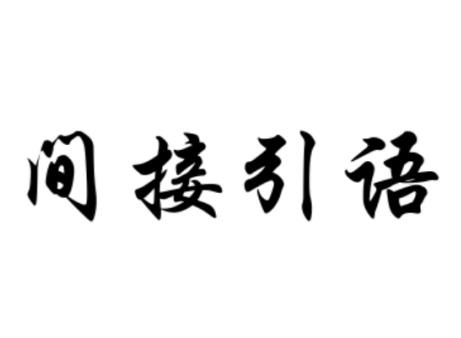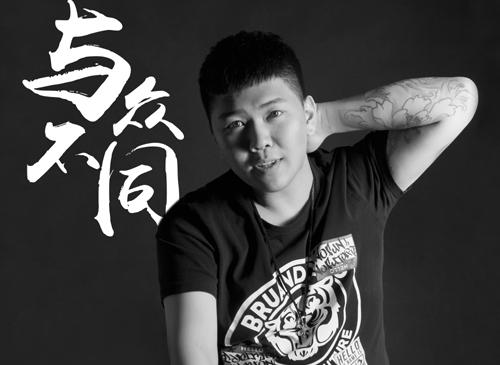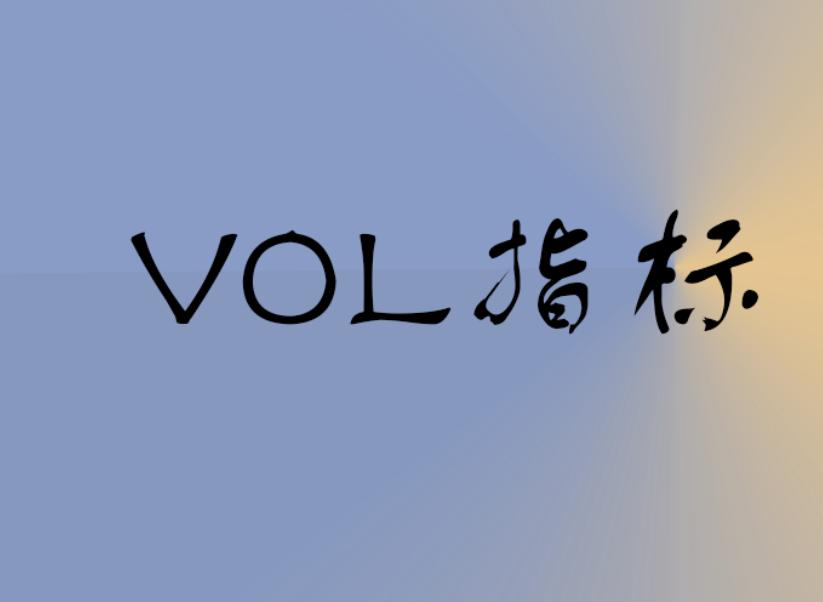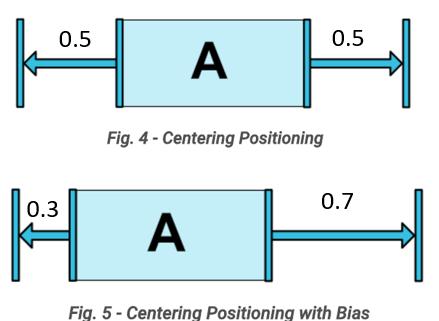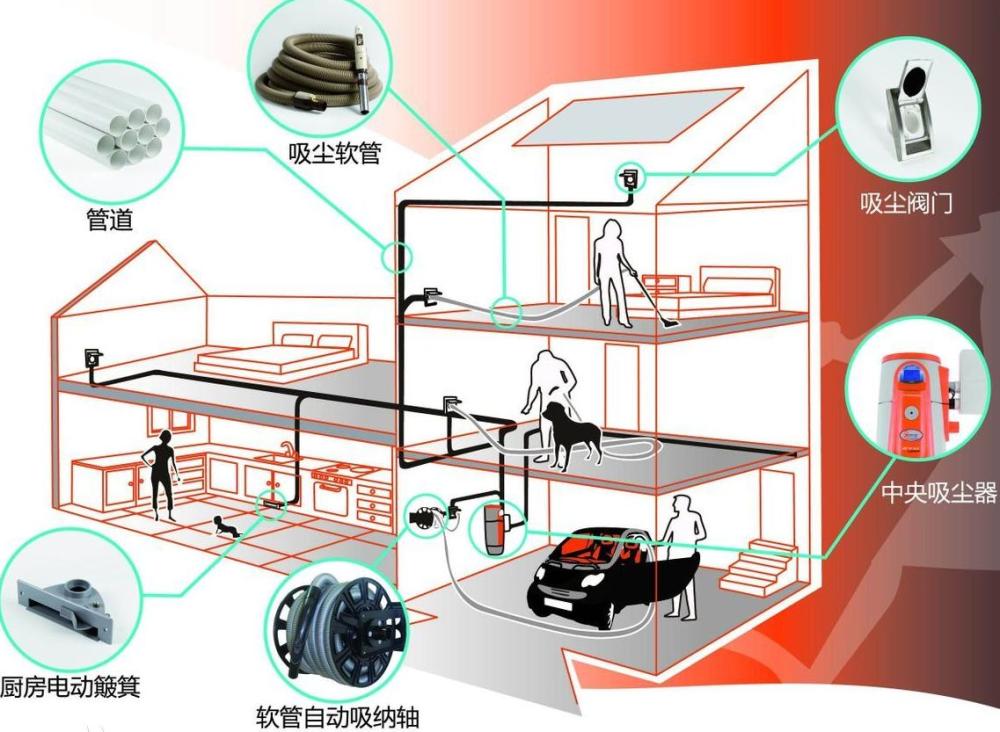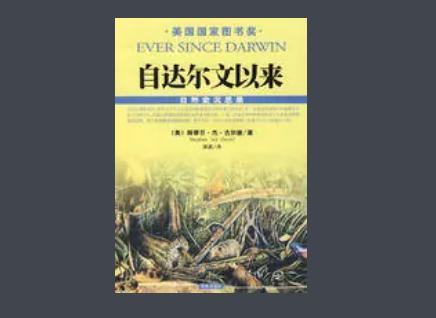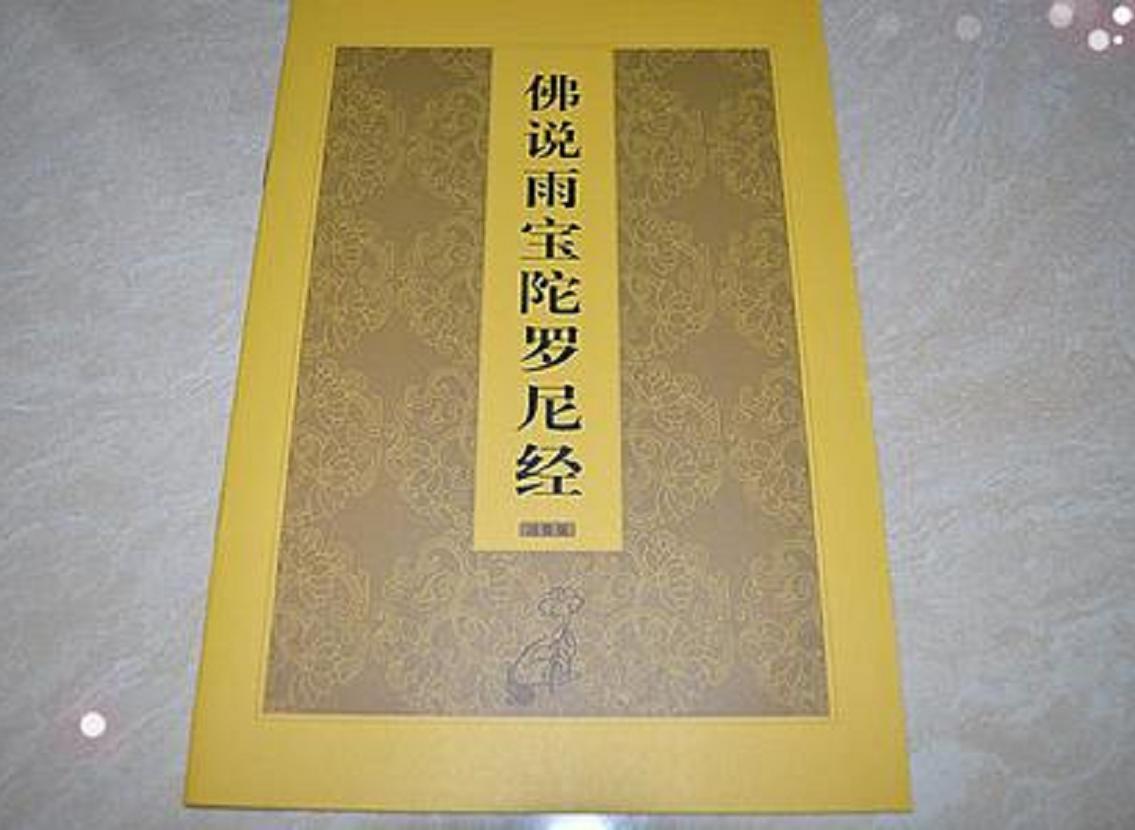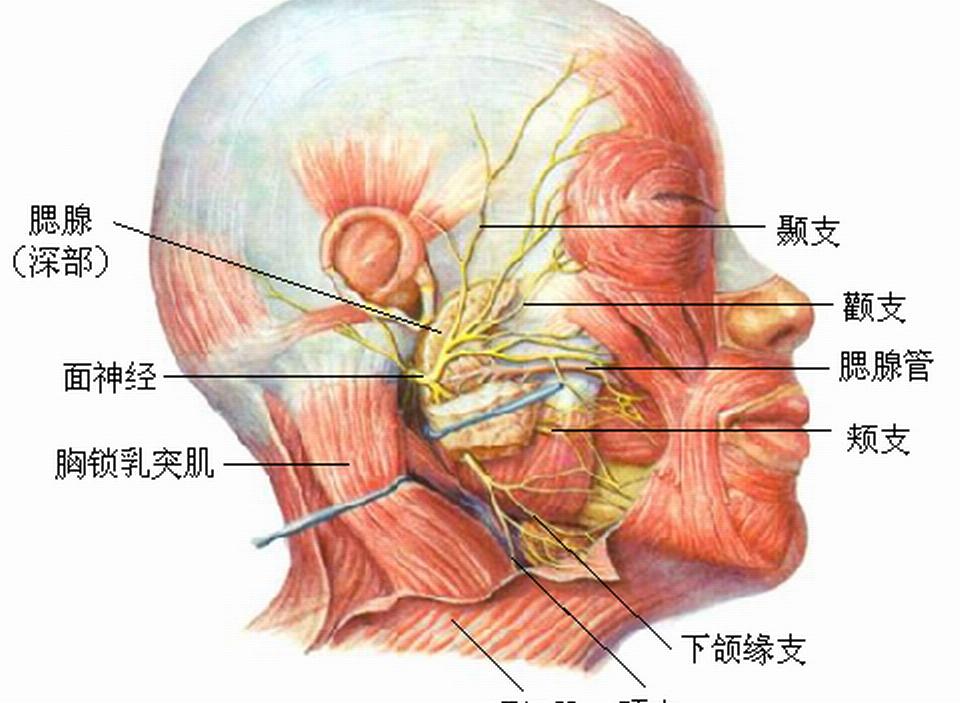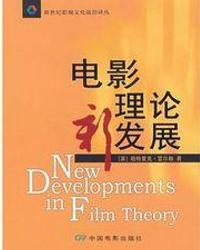概念
如:他們說:“皇帝死後将成為神。”[直接引語]Dixere:"Augustus post mortem deum factus erit."
他們說,那個皇帝死後将成為神。[間接引語]Dixere Augustum post mortem deum faciendum esse.
間接引語中,引語的主語要使用賓格,動詞要使用不定式,不定式的
時态取決于引語、動詞發生的時間與主句動詞時間的先後性,不定式的性、數取決于間接引語的主語(如前所述,隻用賓格)。如:
Consules sentiunt servos non esse liberandos.
執政官們認為奴隸們不該被釋放。
主句動詞是認為:sentiunt,時态是現在時。間接引語中的動詞是不定式liberandos esse,是将來時,因為“被釋放”的動作是發生在主句動詞“認為”之後的。liberandos的性(陽性)、數(複數)與間接引語的主語servos保持一緻。
當引用别人的話時,可以使用别人的原話,也可以用自己的話把意思轉述出來。如果引用原話,被引用的部分就稱之為直接引語,反之,則稱為間接引語。
這裡有兩句間接引語。前面一句的動詞是interfectum esse,是不定式的完成時,表示“被殺害”的動作是發生在fama erat[消息到來]之前的;後一句的動詞是vivere, 是不定式的現在時,表示“活着”這個動作與消息到來同步。
人稱的轉變
1)直接引語中的第一人稱,一般轉換為第三人稱,如:
He said,“I am very sorry.”
——>He said that he was very sorry.
2)直接引語中的第二人稱,如果原話是針對轉述人說的,轉換為第一人稱,如:
“You should be more careful next time,” my father told me.
——>My father told me that I should be more careful next time.
3)直接引語中的第二人稱,如果原話是針對第三人稱說的,轉換成第三人稱。如:
She said to her son, “I'll check your homework tonight.”
——>She said to her son that she would check his homework that night.
4)人稱的轉換包括人稱代詞、反身代詞、物主代詞等,如:
He asked me, “Will you go to the station with me to meet a friend of mine this afternoon?”
——>He asked me whether I would go to the station with him to meet a friend of his that afternoon.
總之,人稱的轉換不是固定的,具體情況,具體對待,要符合邏輯。
5)為了方便記憶有個口訣:一随主,二随賓,第三人稱不更新。
另有:一随主,二随賓,三不變。指的都是從句(間接引語)人稱的變化。
時态的轉換
直接引語改為間接引語時,主句中的謂語動詞如果是過去時,從句(即間接引語部分)的謂語動詞在時态方面要作相應的變化,變成過去時範疇的各種時态(實際也是賓語從句的時态要求),指示代詞、時間狀語、地點狀語和動詞的變化。
注意:情态動詞的時态轉換:
例如:
“I am very glad to visit your school”,she said.
——>She said she was very glad to visit our school.
“我能參觀你的學校非常高興。“她說。
——>她說她很高興參觀的學校。
Tom said,“We are listening to the pop music.”
——>Tom said that they were listening to the pop music.
湯姆說,“正在聽流行音樂。”
——>湯姆說他們正在聽流行音樂。
Mother asked,“Have you finished your homework before you watch TV?”
——>Mother asked me whether I had finished my homework before I watched TV.
媽媽問,“你在你看電視之前完成你的家庭作業嗎?“
——>母親問我是否在我看電視之前完成我的作業。
He asked the conductor,“Where shall I get off to change to a No. 3 bus?”
——>He asked the conductor where he would get off to change to a No.3 bus.
他問售票員,“我應該在哪兒下車換乘3路公共汽車?“
——>他問售票員,他應該在哪兒下車換乘3路公共汽車。
“Why did she refuse to go there?”the teacher asked.
——>The teacher asked why she had refused to go there.
“她為什麼拒絕去那裡?“老師問。
——>老師問她為什麼拒絕去那裡。
Tom said,“We were having a football match this time yesterday.”
——>Tom said that they were having a football match that time the day before.
湯姆說,“昨天的這個時候正在進行一場足球比賽。”
——>湯姆說他們前一天正在進行一場足球比賽的。
He said,“I haven't heard from my parents these days.”
——>He said that he hadn't heard from his parents those days.
他說,“這些天我沒有收到我父母的來信。”
——>他說這些天他沒有收到我父母的來信。
She said,"He always feels tired."
→She said(that)he has always felt tired.
她說,“他總是感到累。”
她說他總是覺得累。
直接引語變成間接引語時,從句時态無須改變的情況:
1)當主句的謂語動詞是一般現在時的時候,如:
He always says, “I am tired out.”
——>He always says that he is tired out.
2)當主句的謂語動詞是将來時的時候,如:
He will say,“I'll try my best to help you.”
——>He will say that he will try his best to help me.
3)當直接引語部分帶有具體的過去時間狀語時,如:
He said,“I went to college in 1994.”
——>He told us that he went to college in 1994.
4)當直接引語中有以when,while引導的從句,表示過去的時間時,如:
He said,“When I was a child, I usually played football after school.”
——>
He said that when he was a child, he usually played football after school.
5)當直接引語是客觀真理或自然現象時,如:
Our teacher said to us, “Light travels faster than sound.”
——>Our teacher told us that light travels faster than sound.
6)當引語是諺語、格言時,如:
He said,“Practice makes perfect.”
——>He said that practice makes perfect.
7)當直接引語中有情态動詞should, would, could, had better, would rather, might, must, ought to, used t-o, need時,如:
例如:
The doctor said, “You'd better drink plenty of water.”
——>The doctor said I'd better drink plenty of water.
He said, “She must be a teacher.”
——> He said that she must be a teacher.
He said, “She ought to have arrived her office by now.”
——>He said that she ought to have arrived her office by then.
The teacher said, “You needn't hand in your compositions today.”
——>The teacher said we needn't/didn't need to/didn't have to hand in our compositions.
She asked, “Must I take the medicine?”
——> She asked if she had to take the medicine.
〔注〕:此處用had to代替must更好
8)此外轉述中的變化要因實際情況而定,不能機械照搬,如果當地轉述,here不必改為there,動詞come不必改為go,如果當天轉述yesterday, tomorrow, this afternoon等均不必改變。如:
Teacher: You may have the ball game this afternoon.
Student: What did the teacher say, Monitor?
Monitor: He said we might have the ball game this afternoon.
地點狀語及某些對比性的指示代詞和動詞變化:
1)指示代詞:these變成those
2)地點狀語:here變成there
She said, “I won't come here any more.”
——> She said that she wouldn’t go there any more..
3)動詞:come變成go,bring變成take
5、直接引語變成間接引語,句子結構的變化
1)陳述句。用連詞that引導,that在口語中常省略。主句的謂語動詞可直接用引語中的said,也可用told來代替,注意,可以說said that, said to sb. that, told sb. that,不可直接說told that,如:
He said, “I have been to the Great Wall.”
——>He said to us that he had been to the Great Wall.
He said, “I'll give you an examination next Monday.”
——>He told us that he would give us an examination the next Monday.(不可說told that)
此外主句中的謂語還常有:
repeat, whisper, answer, reply, explain, announce, declare, think等,又如:
He said,“I'm late because of the heavy traffic.”——> He explained to us that he was late because of t-he heavy traffic.
如果間接引語是由that引導的兩個或兩個以上的并列從句,第一個連詞可以省略,以後的連詞一般不省略,以免混亂。
The doctor said, “You are not seriously ill, You will be better soon.”——>
The doctor said(that)I was not seriously ill and that I would be better soon.
2)直接引語為一般疑問句,(也稱是否疑問句,)間接引語用連詞whether或if引導,原主句中謂語動詞sai-d要改為asked(me/him/us等),語序是陳述句的語序,這一點非常重要。
He said, “Do you have any difficulty with pronunciation?”
——>He asked(me)whether/if I had any difficulty with my pronunciation.
He said, “You are interested in English, aren't you?”
——>He asked whether I was interested in English.
3)直接引語為選擇疑問句,間接引語用whether…or…表達,而不用if…or…,也不用either…or…. 如:
He asked, “Do you speak English or French?”
——>He asked me whether I spoke English or French.
I asked, “Will you take bus or take train?”
——>I asked him whether he would take bus or take train.
4)直接引語為特殊疑問句,改成間接引語時,原來的疑問詞作為間接引語的連詞,主句的謂語動詞用ask(sb.)來表達,語序改為陳述句語序。如:
He asked,“What's your name?”
——> He asked(me)what my name was.
He asked us, “How many car factories have been built in your country?”
——>He asked us how many car factories had been built in our country.
5)直接引語為祈使句時,改為間接引語,用帶to的不定式表達,謂語動詞常是ask, advise, tell, warn, orde-r,request等。如ask sb. to do,(由肯定祈使句變成)ask sb. not to do(由否定祈使句轉變),并且在不定式短語中的時間狀語、地點狀語、人稱及時态都作相應的變化。如:
He said,“Be seated, please.”
——> He asked us to be seated.
“Do be careful with your handwriting.” He said.
——>He told me to be careful with my handwriting.
“Never come here again!” said the officer nearby.
——>The officer ordered the villagers never to go there again.
“Don't touch anything in the lab without permission,” the teacher said.
——>The teacher warned the students not to touch anything in the lab without permission.
6)有些含有“建議”、“勸告”的祈使句,可用suggest,insist,offer等動詞轉述,如:
He said, “Let's have a rest.”
——> He suggested our having a rest.
He said, “Let me help you.”
——> He offered to help me.
7)當直接引語形式上是疑問句,有表示請求,建議意義時,可用ask sb. to do sth. /suggest doing/advise s-b. to do sth.等形式轉述。如:
“Would you mind opening the door?” he asked.
——>He asked me to open the door.
“Why not going out for a walk?” he asked us.
——>He advised us to go out for a walk. 或He suggested we go out for a walk.
8)直接引語是感歎句時,變間接引語可用what或how引導,也可用that引導,如:
She said, “What a lovely day it is!”
——> She said what a lovely day it was. 或She said that it was a lov-ely day.
嵌套間接引語的從句:
如果間接引語當中還鑲嵌有另一句從句,則被稱為嵌套間接引語的從句,英文叫:the subordinate clause i-n indirect statement。這時,這樣的從句要使用虛拟語氣。從句動詞的時态與主句動詞的時态相關聯。如:
Dux dicebat militem qui fugisset poenas daturum esse. 統帥曾常說,那個逃跑的士兵将要受到懲罰。
qui fugisset[逃跑]是一句關系從句,修飾militem“士兵”,由于處在dicebat[說]後面的間接引語當中,因此需使用虛拟語氣。間接引語的動詞是不定式 daturum esse[将受到],為将來時,因為動作發生在主句動詞“說”之後,而fugisset[逃跑]為虛拟語氣的過去完成時,表示在統帥“說話”之前已經逃走了
句型的轉換
①直接引語如果是陳述句,間接引語應改為由that引導的賓語從句。如:
She said, "Our bus will arrive in five minutes."
→She said that their bus would arrive in five minutes.
②直接引語如果是反意疑問句,選擇疑問句或一般疑問句,間接引語應改為由whether或if引導的賓語從句.如:He said, "Can you swim, John?"
→He asked John if he could swim.
"You have finished the homework, haven‘t you?" my mother asked.
→My mother asked me whether I ha-d finished the homework.
"Do you go to school by bus or by bike?"
→He asked me if I went to school by bus or by bike.
③直接引語如果是特殊問句,間接引語應該改為由疑問代詞或疑問副詞引導的賓語從句(賓語從句必須用陳述句語序)。
She asked me, "When do they have their dinner?"
→ She asked me when they had their dinner.
④直接引語如果是祈使句,間接引語應改為"tell(ask, order, beg等)sb(not) to do sth."句型。如:
"Don’t make any noise," she said to the children.
→She told (ordered) the children not to make any noi-se. "Bring me a cup of tea, please," said she.
→She asked him to bring her a cup of tea.
⑤直接引語如果是以“Let‘s”開頭的祈使句,變為間接引語時,通常用“suggest+動名詞(或從句)。”如:
He said, "Let’s go to the film."
→He suggested going to the film.或He suggested that they should go to s-ee the film.
引述别人的話有兩種方式:一是使用引号引出人家的原話,這叫做直接引語;一是用自己的話把人家的話轉述出來,這叫做間接引語。例如:
John said, "I’m going to London with my father."
約翰說:"我要和父親到倫敦去。"(引号内是直接引語)
John said that he was going to London with his father.
約翰說,他要和他父親去倫敦。(賓語從句是間接引語)
總結
在英語中,直接引語轉換為間接引語時被轉述話語中的動詞時态通常取決于轉述話語中動詞的時态,這叫做相對時态。
變人稱:
“一随主”是指在直接引語變間接引語時,如果從句中的主語是第一人稱或被第一人稱所修飾。從句中的人稱要按照主句中主語的人稱變化如:
She said. "My brother wants to go with me. "→She said her brother wanted to go with her.
“二随賓”是指直接引語變間接引語時,若從句中的主語及賓語是第二人稱。或被第二人你所修飾。從句中的人稱要跟引号外的主句的賓語一緻。如果引号外的主句沒有賓語。也可以用第一人稱,如:
He said to Kate. "How is your sister now?"→He asked Kate how her sister was then。
“第三人稱不更新”是指直接引語變間接引語時。如果從句中的主語及賓語是第三人稱或被第三人稱所修飾從句中的人稱一般不需要變化如:
Mr Smith said。 "Jack is a good worker。"→Mr Smith said Jack was a good worker。
變時态:
直接引語在改為間接引語時、時态需要做相應的調整。
現在時它需改為過去時态;過去時态改為完成時;過去完成時則保留原來的時态。如:
1)She said. "I have lost a pen."→She said she had lost a pen
2)She said. "We hope so."→She said they hoped so.
3) She said. "He will go to see his friend。"
→She said he would go to see his friend。
但要注意在以下幾種情況下。在直接引語變為間接引語時,時态一般不變化。
①直接引語是客觀真理。
"The earth moves around the sun and the moon moves around the earth, the teacher told me.
→ The te-acher told me the earth moves around the sun and the moon moves around the earth。
②直接引語是過去進行時,時态不變。如:
Jack said. "John, where were you going when I met you in the street?"
→Jack asked John where he was g-oing when he met him in the street。
③直接引語中有具體的過去某年、某月、某日作狀語,變為間接引語時,時态不變。如:
Xiao Wang said. "I was born on April 2l, 1980。"
→Xiao Wang said he was born on April 20, 1980。
④直接引語如果是一般現在時。表示一種反複出現或習慣性的動作,變間接引語,時态不變。如:
He said, "I get up at six every morning。"
→He said he gets up at six every morning。
⑤如果直接引語中的情态動詞沒有過去時的形式(例:ought to,had better,used to)和已經是過去時的形式時,(例:could,should,would,might)不再變。如:
Peter said. "You had better come have today。"
→Peter said I had better go there that day。
變狀語:
直接引語變間接引語,狀語變化有其内在規津,時間狀語由“現在”改為“原來”(例:now變為then,yest-erday。變為the day before)地點狀語(分具體情況),尤其表示方向性的,或用指示代詞修飾的狀語,由“此”改為“彼”(例:this改為that),如:
He said, "These books are mine."
→He said those books were his.
解答方式
轉述句
間接引語有作轉述句(或第三人稱陳述句),就是把别人說給自己的話又說給另一個人!如:
小明對我說:“他說他要和你一起玩!就在樓下!”
改為轉述句(或第三人稱陳述句、間接引語):
小明對我說,你(或者是他)說你(或者是他)要和我一起玩!就在樓下!
陳述句
同轉述句。:
間接引語有作轉述句(或第三人稱陳述句),就是把别人說給自己的話又說給另一個人!如:
小明對我說:“他說他要和你一起玩!就在樓下!”
改為轉述句(或第三人稱陳述句、間接引語):
小明對我說,你(或者是他)說你(或者是他)要和我一起玩!就在樓下!
